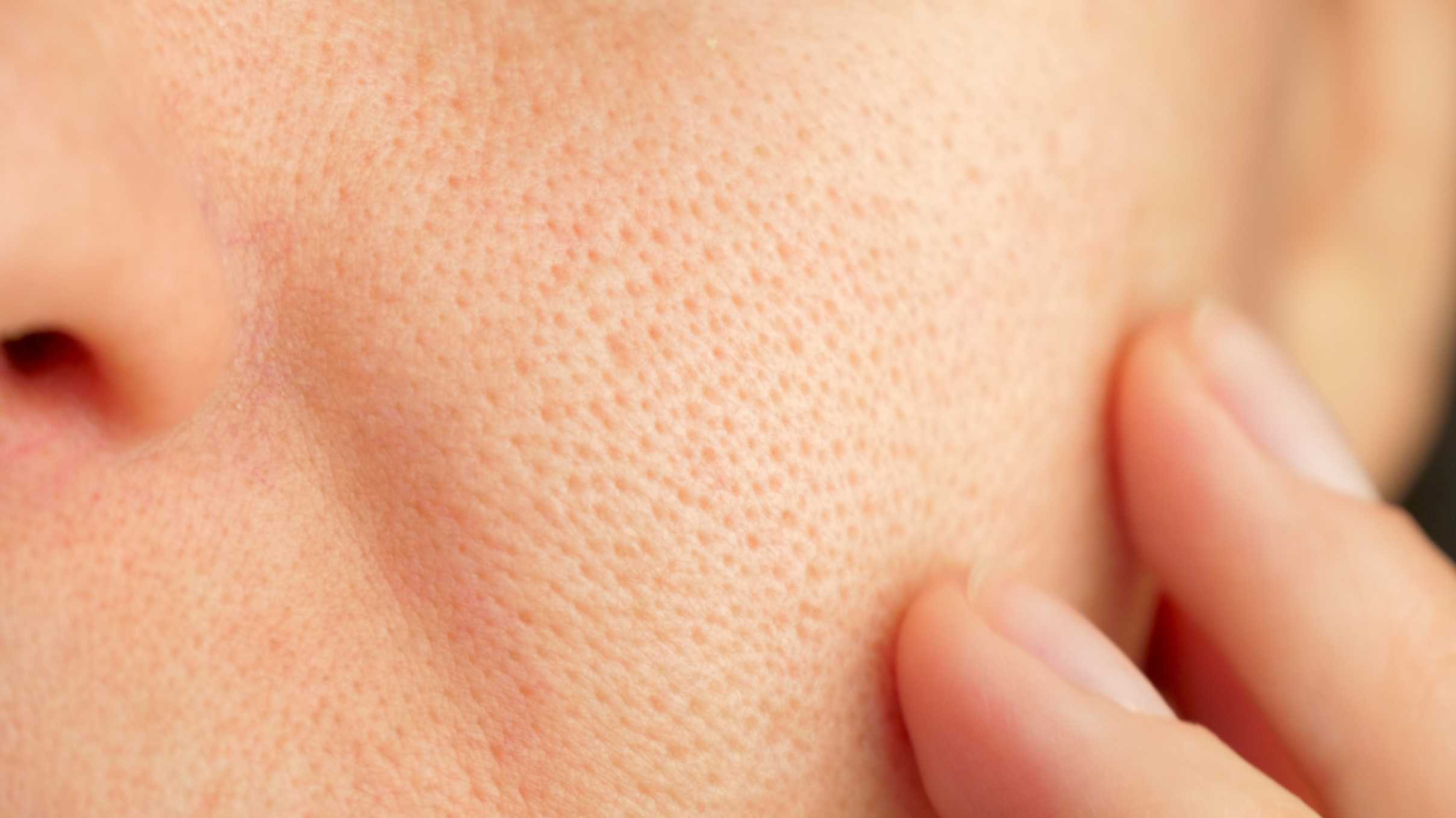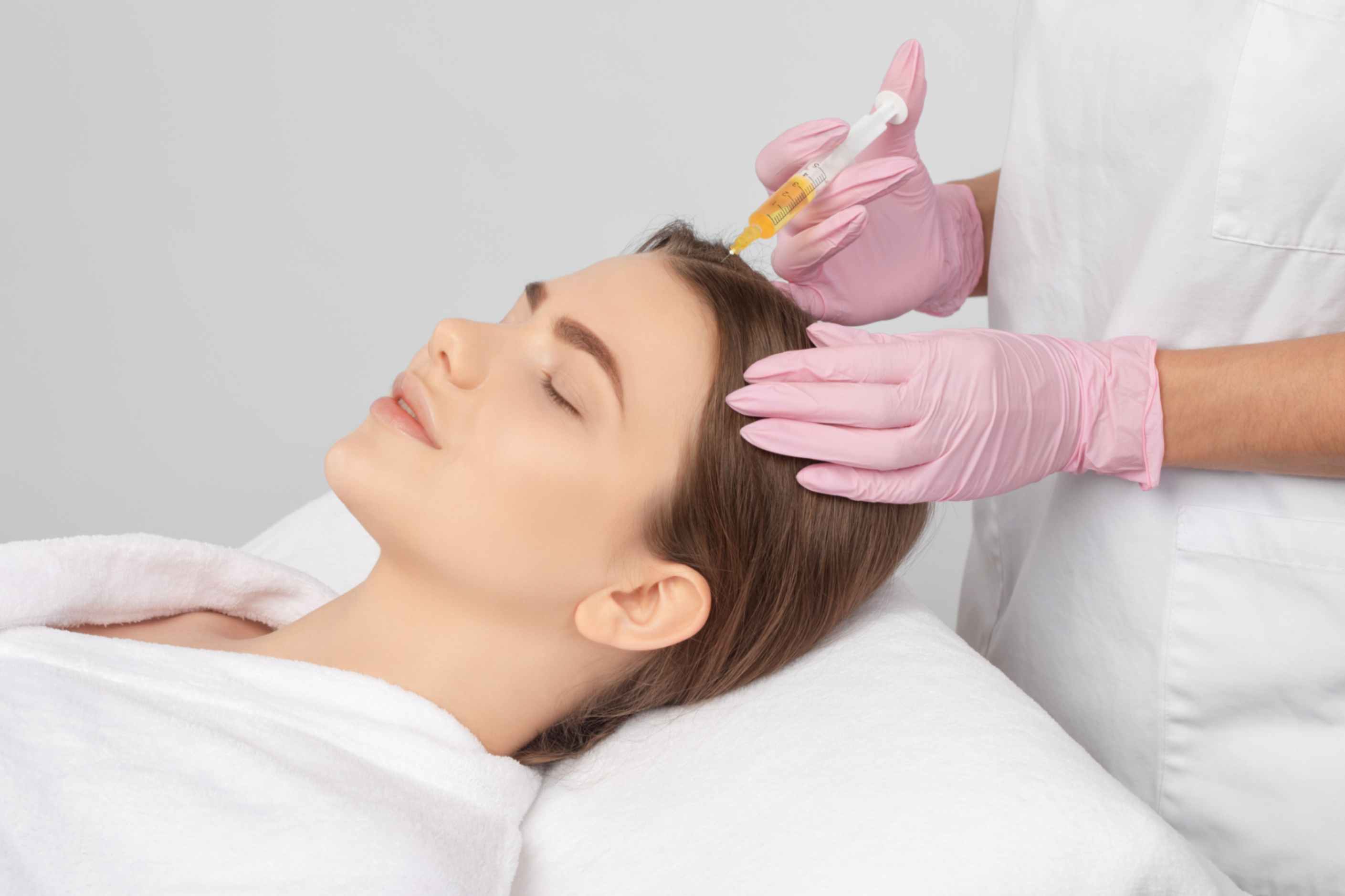Are Copper Peptides Worth Adding to Your Skin-Care Routine?
- Home
- Blog
- Current Media
- Are Copper Peptides Worth Adding to Your Skin-Care Routine?
by Renée Reardin at Best Health
Dermatologist Dr. Lisa Kellett shares her thoughts on the trendy ingredient.
What are copper peptides?
“They’re found in the skin as well as being exogenous,” says dermatologist at DLK on Avenue Lisa Kellett, which means they occur naturally but can also be manufactured synthetically and added to skin care products. “They play a role as an antioxidant, but there’s not a lot of evidence-based medicine that supports their use,” she says.
Does that mean we don’t know for sure what their benefits are?
While there’s evidence of the effectiveness of antioxidants like vitamin C, says Kellett, copper peptides are lacking the research needed to make factual claims on its effectiveness. But, she says, “there’s been some data to suggest they’re important in collagen remodelling and regeneration.”
What types of skin-care products are they typically found in?
They’re most commonly in serums, says Kellett, but can also be found in moisturizers.
If I want to try copper peptides, how should I incorporate them into my routine?
“Products are more efficacious on clean skin,” says Kellet. “And I always say to patients, the most important product for your skin in the morning is sunscreen—so if you’re going to use a copper peptide, it’s best to use it on clean skin at night.”
On that note, TikTok-famous dermatologist Shereene Idriss says copper peptides should not replace your vitamin C serum since they don’t protect against UV damage and pollution—so there’s another argument for applying it only at night.
The Ordinary recently updated usage recommendations for its buzzy product Multi-Peptide + Copper Peptides 1% Serum (the one Abbey Yung gushes over in the aforementioned video) to warn customers not to layer it with a variety of ingredients, including acids, vitamin C and retinoids. But skin-care formulator Stephen Alain Ko (@kindofstephen) hasn’t found evidence to show you can’t use them together. Thoughts?
Kellett says she doesn’t think there are any studies supporting the use of copper peptides with retinol or vitamin C.
Idriss suggests using copper peptides every other night—when you’re not using retinol to limit the risk of irritation.





